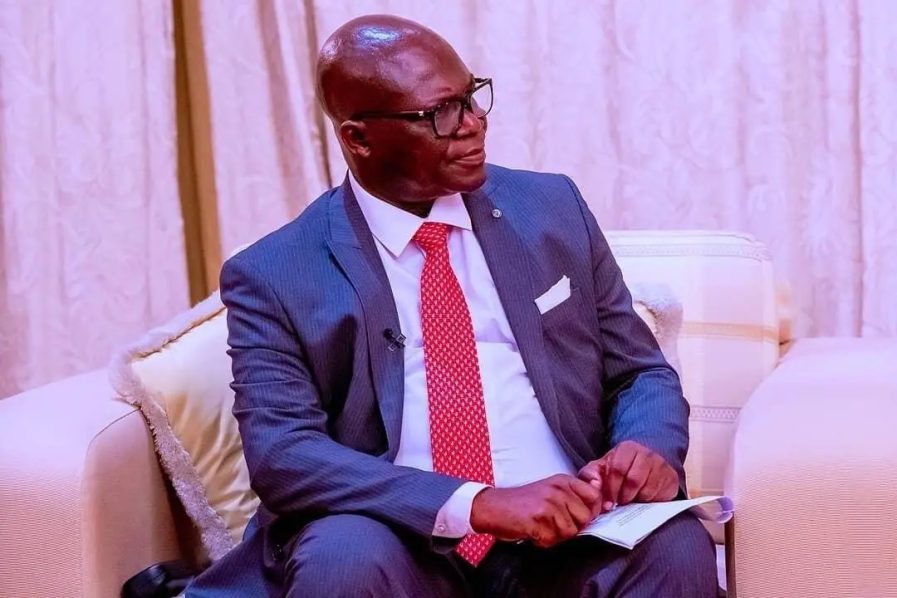
Renowned journalist, Dr. Reuben Abati, has said truth telling remains a dangerous enterprise from time immemorial.
He noted that the antagonising attitude between authority figures and those who held them accountable has never been more intense than in contemporary times.
Abati recalled that the code of ethics of the Nigeria Press Organisation endorsed truth as a cornerstone of journalism, accuracy and fairness in defence of public interest.
He spoke while delivering his lecture on the occasion marking the three years anniversary of the NaijaTimes News and launch of the book, ‘For A Better Society’, yesterday in Abuja.
Reflecting on the ongoing war in the Middle East, the Arise News co-anchor lamented that journalists in line of duty are being harassed, some wounded by rockets and bombs fired by warring factors, adding that more than 10 practitioners had died.
Abati notedd: “Once upon a time in Nigeria, people gathered around the newsstands to read newspapers, they are proverbially referred to as the free readers associates. It is no longer a frequent spot to gather at those stands. Fewer people these days buy newspapers, and it is also a fact that almost everyone has become a journalist. The rise of many social platforms like YouTube, WhatsApp, Tik Tok, Telegram and Instagram means that with any smartphone, you can post news.
“While in reality there is no concept of absolute stance, social structures build as they are and sustained by system of checks and balances, the attempt to stretch regulations beyond the traditional jurisdiction of law will automatically raise questions on censorship, especially as a media and its practitioners are the interception between society, human rights and democracy.”
Chairman of the anniversary committee, Amb. Ogbole Amedu-Ode, recalled that NaijaTimes was born during the COVID-19 pandemic.
Chief Executive Officer of Channels Media Group, John Momoh, represented by Chamberlain Usoh, said he always cherished being around colleagues, professionals and eminent intellectuals.
He informed that the book particularly categorised editorials and writings into various eras, including politics, economy, health and security.
Publisher and Editor-in Chief of NaijaTimes, Ehi Braimah, restated that “Nigeria belongs to all of us, and we are richly blessed with potential. So, we shouldn’t give up.”
In his goodwill message, titled ‘Journalism must probe not only the state, but the society itself’, Prof. Wole Soyinka, submitted until the social media came on board, he used to boast that Nigeria holds at least one of the strongest, most courageous media enterprises in the whole of the African continent.
“We have seen the quality of its products, services during dire times of dictatorships, even now, when we are supposed to be running a democracy, we have seen how journalism rises to its task of keeping the state on its toes,” he added.






